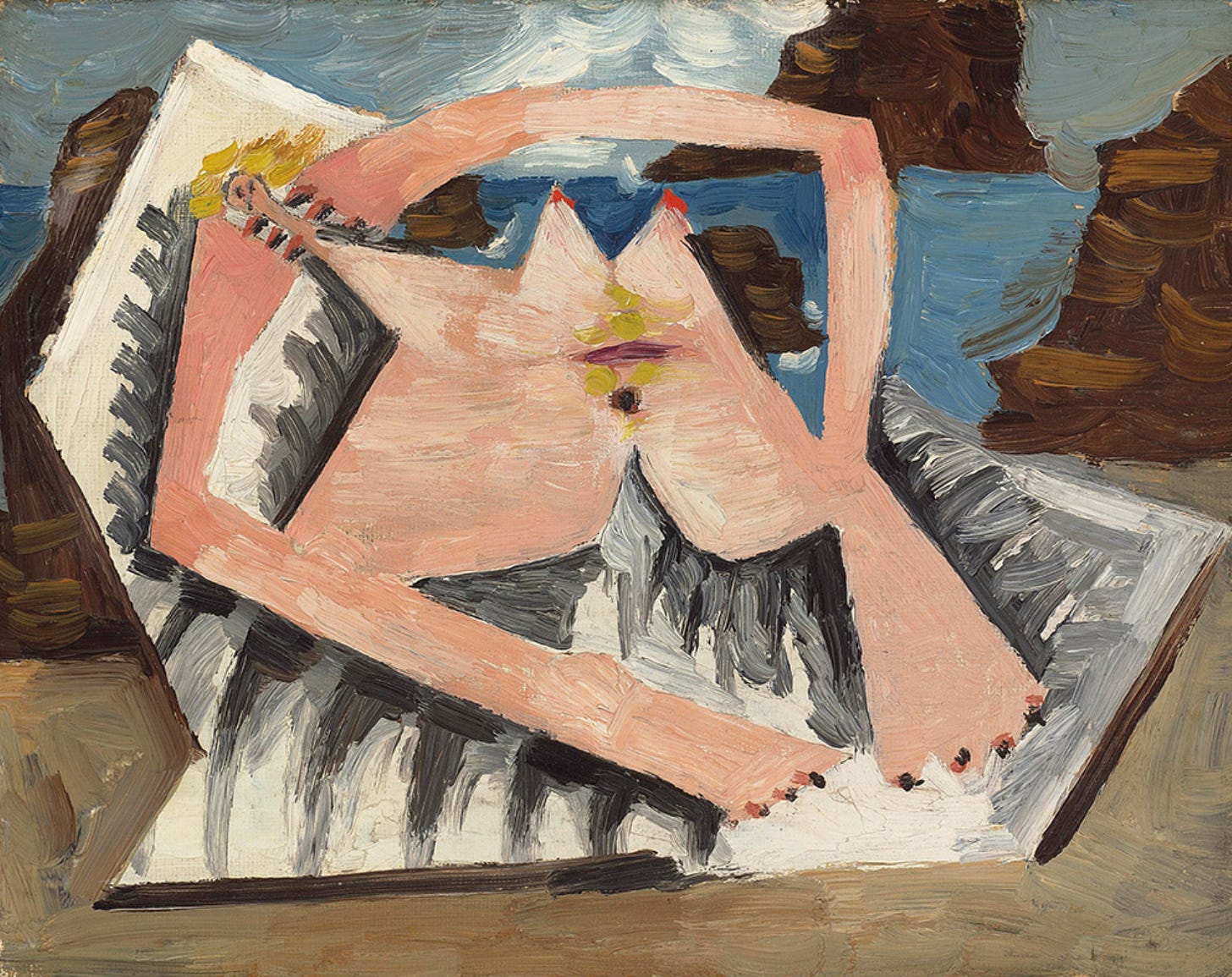
Why is it so embarrassing to be AFAB [female]?
The fact that I have periods, breasts, hips and two holes makes me wanna sit in the shower and cry for hours in shame. Why is it so fucking embarrassing …
Keep reading with a 7-day free trial
Subscribe to gender:hacked by Eliza Mondegreen to keep reading this post and get 7 days of free access to the full post archives.



